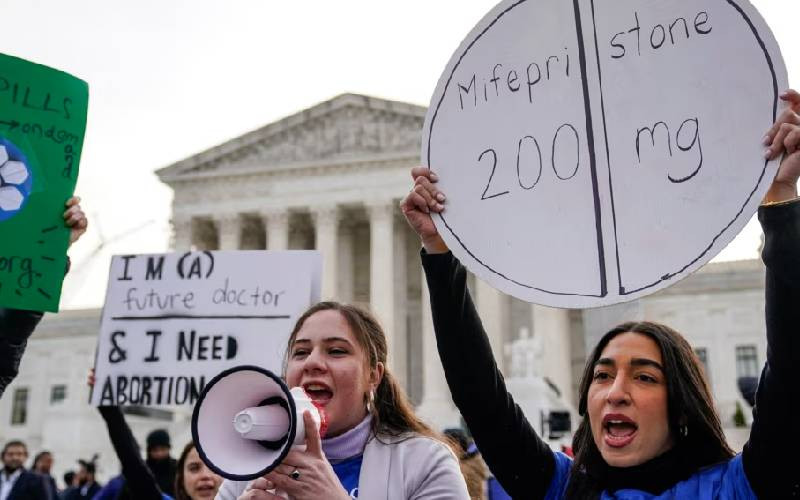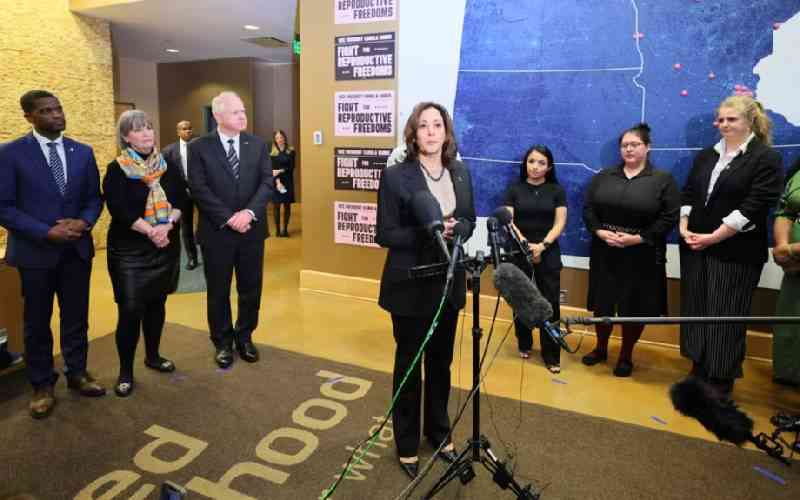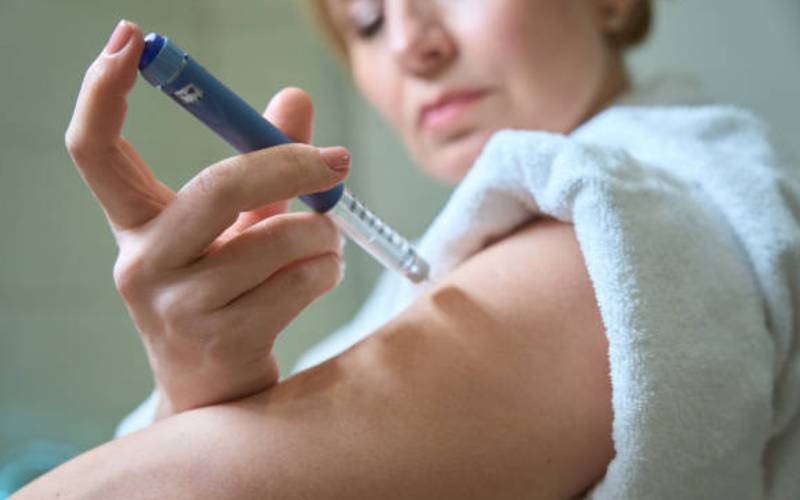Prof MOSES OBIMBO explains the danger behind unsafe abortions and why many women opt to take this route.
Why did you go into Obstetrics and Gynaecology?
Women have a great impact on the health and well-being of humanity. It is women who carry pregnancies. Every human being alive today is here through a woman. My interest has always been to make a woman’s health a priority because she not only has a direct impact on us now but also has an effect on the progeny of the next generation.
You are currently winding up on a study on the prevention of unsafe abortion and enhancing the provision of post-abortion care in Kajiado County: what are the specifics?
We have been looking at the prevention of maternal mortality from unsafe abortions and enhancing access to post-abortion care. Our preliminary findings show that most facilities (about 75 per cent) are not properly equipped to offer post-abortion care services to women that need these services.
And by being equipped you mean?
Both tools and equipment needed to manage the patients. Or even the availability of trained health personnel who can provide the right attention to the patients.
The word ‘abortion’ is very contentious; what’s an abortion?
Abortion is the termination of a pregnancy before viability. Termination can happen spontaneously or can be caused by human intervention. Spontaneous abortion is also called a miscarriage. About 25 to 40 per cent of conceptions end up in spontaneous abortions. These subsequently need post-abortion care.
Why?
Because the womb needs to be rid of any remaining conception material. In fact, let me just say, any female who has had an abortion – spontaneous or not – should present themselves for relevant health checks and treatment. It might make the difference between life and death. It might prevent lifelong injuries such as pelvic pain, pelvic infection, and infertility. After post-abortion care, perhaps, also access post-abortion contraception.
Why post-abortion contraception?
Because if you do not offer the patient this service you are essentially setting them up for the next unsafe abortion. But many things in reproductive health are linked. For instance, teenagers who have not been offered sexuality education are likely to engage in unsafe sex and get an unwanted pregnancy, for which they will likely procure an unsafe abortion. They may also contract a life-threatening sexually transmitted disease that would be expensive to treat.
Why did you pick on this as a research topic?
We took note that many women who go through unsafe abortions often arrive at the hospital late for specialised life-saving treatment. As of 2012, there were approximately 464,000 abortion cases annually in Kenya. About 13 per cent of maternal mortality is caused by unsafe abortion. The whole idea was to sensitise the public that there are options for unsafe abortion.
Stay informed. Subscribe to our newsletter
What options?
For starters, a woman can carry an unwanted pregnancy to term and give the baby up for adoption. She can be placed in a safe house where her needs would be met in the short term – until she gives birth and relinquishes custody of the baby. The Constitution also allows women in specific circumstances such as rape, incest, defilement, severe fetal malformation, and when their health is in danger as determined by a trained healthcare provider to access safe, legal, and medically done abortion.
Would you know if there is any data currently available on safe abortion numbers in the country?
I am not aware of any data but I understand the government is doing its best to capture all medical data as these would be informative on policy development.
What are some of the reasons people procure abortion?
We haven’t done in-depth surveys to answer this question, but I would say most of them have an unwanted/unplanned pregnancy and are not ready to be mothers. Or, they got pregnant from rape or defilement.
Why is this topic so emotive?
It is indeed emotive. Even among us, doctors, there is a lot of misunderstanding. This is why there is a need to educate and inform people using data and evidence for them to be able to understand the problem.
I think many of us do not have all the information on this matter. When proper information reaches everyone in the communities, then perhaps we will see opinion change because many will be arguing from a point of knowledge.
We should be able to understand why women die from unsafe abortion and agree on how we can stop these deaths and sufferings.
At times, we need to place ourselves in the shoes of the one suffering for us to appreciate why they would respond to their situation as they would.
What complications might arise from an unsafe abortion?
Complications include infertility, chronic pelvic pain, uterus perforation, injuries to other critical organs, or in some cases death.
 The Standard Group Plc is a
multi-media organization with investments in media platforms spanning newspaper
print operations, television, radio broadcasting, digital and online services. The
Standard Group is recognized as a leading multi-media house in Kenya with a key
influence in matters of national and international interest.
The Standard Group Plc is a
multi-media organization with investments in media platforms spanning newspaper
print operations, television, radio broadcasting, digital and online services. The
Standard Group is recognized as a leading multi-media house in Kenya with a key
influence in matters of national and international interest.
 The Standard Group Plc is a
multi-media organization with investments in media platforms spanning newspaper
print operations, television, radio broadcasting, digital and online services. The
Standard Group is recognized as a leading multi-media house in Kenya with a key
influence in matters of national and international interest.
The Standard Group Plc is a
multi-media organization with investments in media platforms spanning newspaper
print operations, television, radio broadcasting, digital and online services. The
Standard Group is recognized as a leading multi-media house in Kenya with a key
influence in matters of national and international interest.









